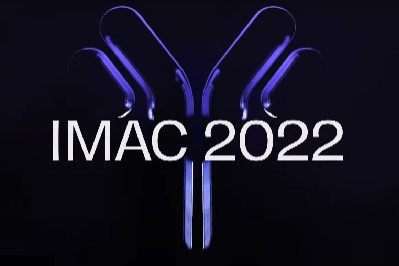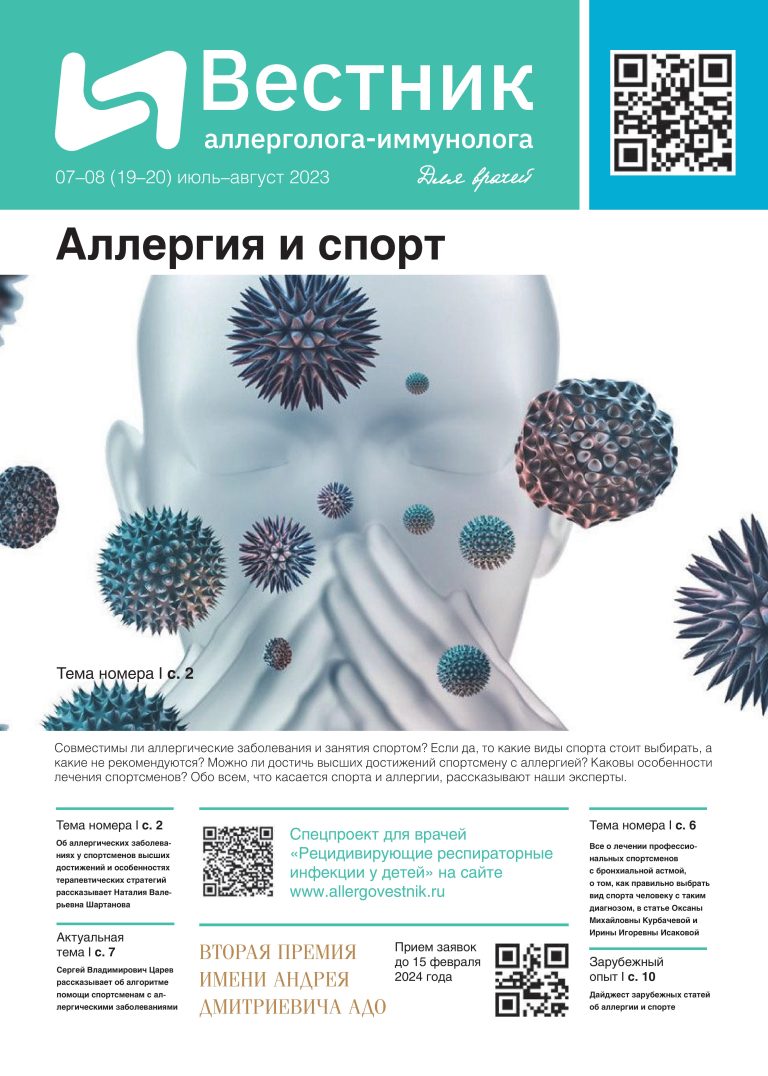 Medtouch
Medtouch Approaches to solving the safety problems of biotechnological medicines.
Author: Avdeeva Zhanna Ildarovna
Co-authors: Alexander Soldatov, Natalya Alexandrovna Alpatova, Vyacheslav Dmitrievich Mosyagin, Vladimir Petrovich Bondarev.
Scientific Centre for Expert Evaluation of Medicinal Products.
Russia, Moscow
Over the past 25 years, biotechnological medicines have become increasingly important for the treatment of a wide range of diseases in such areas as oncology, hematology, allergology / immunology.
Since the medicines have a protein nature and are used for a long time, it is extremely important to develop approaches to minimize the risks of their use due to the manifestation of «undesirable» immunogenicity. The solution to this problem requires a multi-level consideration of the issue, starting from the stage of assessing the molecular structure of recombinant protein, choosing a less immunogenic and safer candidate of the active substance of the medicine developed, choosing and creating a target protein strain, the development and control of the production process that provides the purity and uniformity of the protein product, absence of contaminating agents, as well as the establishment of optimal terms and conditions of storage.
The subsequent stage of nonclinical studies is important in terms of ensuring the safety of the medicine being developed, in particular, assessing the ability of the medicine to stimulate the production of proinflammatory cytokines, which determines the need to consider this issue at the stage of clinical trials, during which special attention is required to assess the immunogenicity of themedicine.
Since the true immunogenic potential of the medicine can be evaluated only during clinical studies, at this stage the terms of taking blood serum samples, the interval after the introduction of the medicine, taking into account the period of its half-life, the selection of methodos for determining induced antibodies (ADA) are important. For example, when assessing the immunogenicity of monoclonal antibody (McAT) medicines, it should be borne in mind that the determination of ADA is carried out in blood serum in which normal immunoglobulins are present, factors that can influence the results of the analysis, such as C-reactive protein, etc., as well as the McAT medicine itself, in one or another concentration. Currently, it is generally recognized that there is a need for simultaneous study of pharmacokinetics and determination ADA.
When identifying ADA, it is important to assess the clinical significance of their formation, i.e. to assess the ability of ADA to have a negative impact on the effectiveness of the medicine, leading to a decrease or complete loss of the patient’s responsiveness to the therapy. The solution of this issue is important for the selection of a patient to treat the patient. When choosing a path of further treatment of the patient, the functional characteristic of ADA is important — neutralizing or binding. The most commonly negative effect on the effectiveness of therapy is neutralizing ADA, acting on the pharmacodynamic properties of the medicine, while the binding ADA can reduce the effectiveness of the medicine, affecting the pharmacokinetic parameters.
To assess the functional characteristics ADA, the choice of adequate methodology, its validation, the use of a certified standard model, carefully selected positive and negative control samples are important.
To overcome the ineffectiveness of the medicine due to the manifestation of «undesirable» immunogenicity, in particular McAT, several solutions can be considered, including increasing the dose for the induction of immunological tolerance, replacing with another McAT of the same specificity or choosing McAT of a different specificity. The solution of this issue on the choice of the path of further treatment depends on the results of tests to identify AT, their level, functional characteristics, assessment of the contribution to the development of the disease of the agent against which the action of the McAT is directed, since medicines of a different mechanism of action directed at another pathogenetically significant agent may be needed.
Since the number of biosimilars is steadily growing in the pharmaceutical market, the issue of assessing their safety in terms of immunogenicity is very acute, this is due to the fact that only phase I and III clinical trials are conducted during their registration and not for all indications specified in the instructions for use of the original medicine. In this regard, the contingent of the studied patients is limited and data on the assessment of the immunogenic potential of the medicine are not enough to extrapolate the safety of the original medicine to a biosimilar one. The decision to switch therapy to a biosimilar medicine in case of detection ADA in the patient requires special attention. In such a situation, a preliminary analysis for the cross-reactivity of a previously used and biosimilar medicine is important; if it is detected, the medicine should not be prescribed, since there is a high risk of an increase in the level of ADA, which can provoke the development of other undesirable reactions, including allergic ones. It should be particularly noted that in the study of biosimilar medicines, data on immunogenicity should not be extrapolated to other indications and a different age of patients, since the manifestations of immunogenicity of the medicine are due not only to the underlying disease, but also to the genetic characteristics of the patient, concomitant diseases, taking other medicines that stimulate or suppress the immune system.
Given that clinical trials before registration of the medicine are conducted on a limited contingent, the study of immunogenicity should be carried out in post-registration studies, as well as to evaluate the analysis of the experience of using the medicine in the clinic.
To address the above issues in countries with a developed regulatory system, an in-depth analysis of the experience of implementation, study and traceability of the safety of clinical use of biotechnological medicines throughout the entire life cycle of the medicine is carried out. The experience of using medicines of similar groups is analyzed, documents are regularly updated, which set out scientific principles for the development and evaluation of the effectiveness and safety of biotechnological medicines, which serve as the basis of the regulatory framework for their registration. For this purpose, in our country, methodological recommendations and guidelines on these issues that are also regularly updated are developed and implemented in practice; Their development is also important in terms of the successful use of modern highly effective biotechnological medicines within the framework of the EAEU.
Referenсes.
1. Strand V, Goncalves J, Isaacs J.D. Immunogenicity of biologic agents in reumatology. Nat Rev Rheumatol. 2021; 17 (2): 81-97. DOI: 10.1038/s41584-020-00540-8.
2. Strand V, Balsa A, Al-Saleh J, Barile-Fabris L, Horiuchi T, Takeuchi T et al. Immunogenicity of biologics in chronic inflammatory diseases: a systematic review. BioDrugs. 2017; 31: 299-316. DOI: 10.1007/s40259-017-0231-8.
3. Wen Y, Jawa V. The Impact of Product and Process Related Critical Quality Attributes on Immunogenicity and Adverse Immunological Effects of Biotherapeutics. J Pharm Sci. 2021 Mar; 110 (3): 1025-41. DOI: 10.1016/j.xphs.2020.12.003.
4. Guideline on Immunogenicity assessment of therapeutic proteins (EMEA/CHMP/BMWP/14327/2006 Rev 1) Committee for Medicinal Products for Human Use (CHMP) 18 May 2017.
Читайте также
Аспекты иммунного статуса при фенотипе бронхиальной астмы...
Автор: Чурюкина Элла Витальевна
ФГБОУ ВО «Ростовский государственный медицинский университет» Минздрава России,
ФГБОУ ВО «Кубанский государственный медицинский университет»
...
Aspects of immune status in the phenotype of bronchial...
Author: Churyukina Ella Vitalievna
Federal State Budgetary Educational Institution of Higher Education "Rostov State Medical University",
Federal State Budgetary Educational...









Комментарии (0)